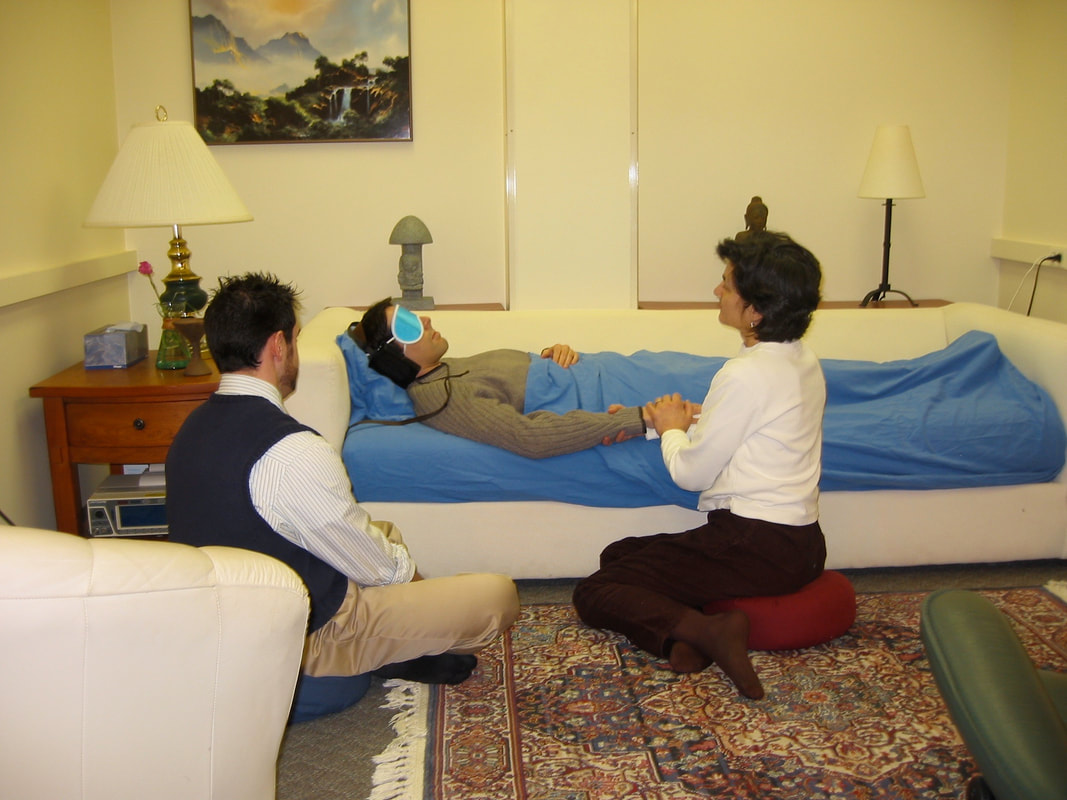Breaking Cycles, Restoring HopeIntroduction
There comes a point in every family's struggle with addiction when we start to lose hope. We've tried everything - from interventions to rehab stays, tough love to enabling - yet our loved one continues to spiral. The pain and chaos seem never-ending. But what if there was another way? An emerging therapy that could break the vicious cycle of addiction for good? In this blog post, we'll explore the incredible healing potential of psychedelic-assisted therapy. Once stigmatized as dangerous "party drugs," psychedelics like psilocybin (the active compound in "magic mushrooms") are proving to be powerful medicines when used appropriately. Let's dig into the science and hear from those whose lives have been transformed. There is hope. The Resurgence of Psychedelic Medicine After being banned for decades, psychedelic research is making a comeback at prestigious institutions like NYU, Johns Hopkins, and Imperial College London. Rigorously controlled clinical trials are demonstrating that psychedelic experiences, when expertly guided, can help people overcome depression, anxiety, PTSD, and addiction. How does it work? Psychedelics alter our brain's serotonin receptors, inducing a flexible, "unstuck" mental state. People often experience new perspectives, feel deeply connected, and gain insights into their behaviors. With the right set and setting, this state allows people to rewire their thought patterns in a therapeutic way. Treating Addiction at the Roots Addiction stems from a complex interplay of genetics, trauma, and social factors. Self-medicating with substances often becomes a way to cope. Psychedelic therapy aims to address the roots of addiction - not just the surface-level cravings. Psilocybin has been shown to decrease activity in the brain's Default Mode Network - the area linked to rumination, depression, and craving. It also stimulates the growth of new neural connections. People report feeling more optimism, openness, and connection after psychedelic experiences. These brain changes allow people to approach their addiction from a different perspective. Old pain can be processed and released. Healthier coping mechanisms come naturally. People gain motivation to create lasting change. Psychedelic-Assisted Therapy in Practice So what does a psychedelic therapy session actually look like?
Restoring Lives and Families Psychedelic therapy is still relatively new, but the results we're seeing are remarkable. Here are a few stories of people whose lives have been transformed:
A Beacon of Hope Alex, Susan, and James' stories demonstrate the incredible promise of psychedelic medicine. For families struggling with the devastation of addiction, psychedelic-assisted therapy offers a beacon of hope. This scientifically-proven approach treats addiction at its core, empowering people to live joyful, purpose-driven lives free of substance abuse. And when one person heals, the entire family system benefits. If you feel drawn to explore this emerging therapy, reach out. There are practitioners guiding sessions legally under FDA approval. Others operate in legal gray areas. Seek a skilled, ethical guide. With trust and intention, psychedelics can catalyze transformation. Conclusion You deserve to live fully and freely - not constrained by addiction's grip. Psychedelic-assisted therapy may be the key. Family Addiction Recovery is ready to answer your questions and support you on this journey. Don't lose hope. Healing is possible. Call to Action: To learn more about psychedelic-assisted therapy for addiction recovery, click here to schedule a free consultation. I'm here to help.
0 Comments
Leave a Reply. |
AuthorTimothy Harrington's purpose is to assist the family members of a loved one struggling with problematic drug use and/or behavioral health challenges in realizing their innate strength and purpose. Archives
May 2024
Categories |
HoursM-F: 7am - 9pm
|
Telephone323-804-5555
|
|
Medical Disclaimer: The information available from this website has been prepared and/or obtained for general information, education, reference, and/or entertainment purposes only and is not intended to provide medical advice. The owner of this website is not a licensed doctor and is not providing medical advice, or diagnosing or treating any condition you may have. We are not your doctor.
You agree that you will not act upon anything contained in this website without first seeking professional medical advice.
You agree that you will not act upon anything contained in this website without first seeking professional medical advice.


 RSS Feed
RSS Feed

